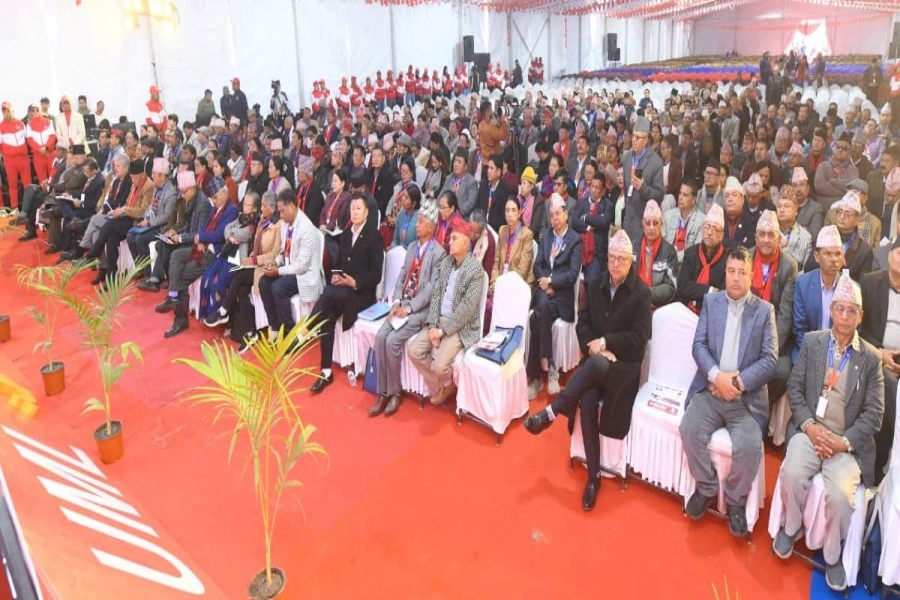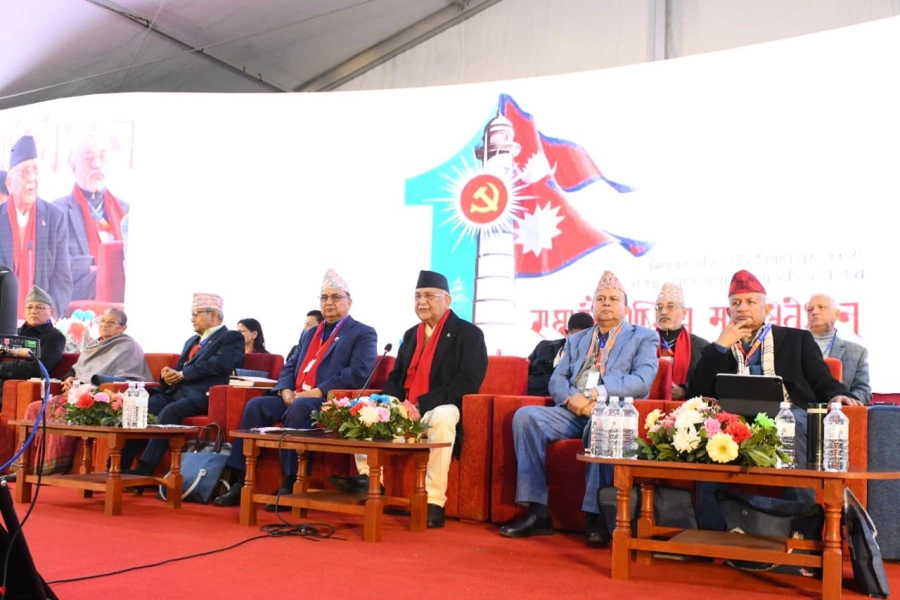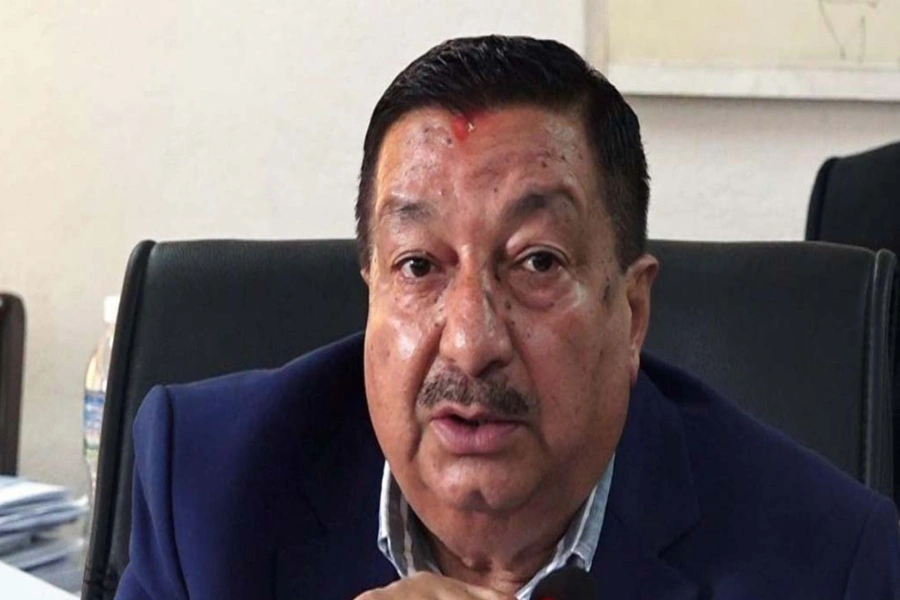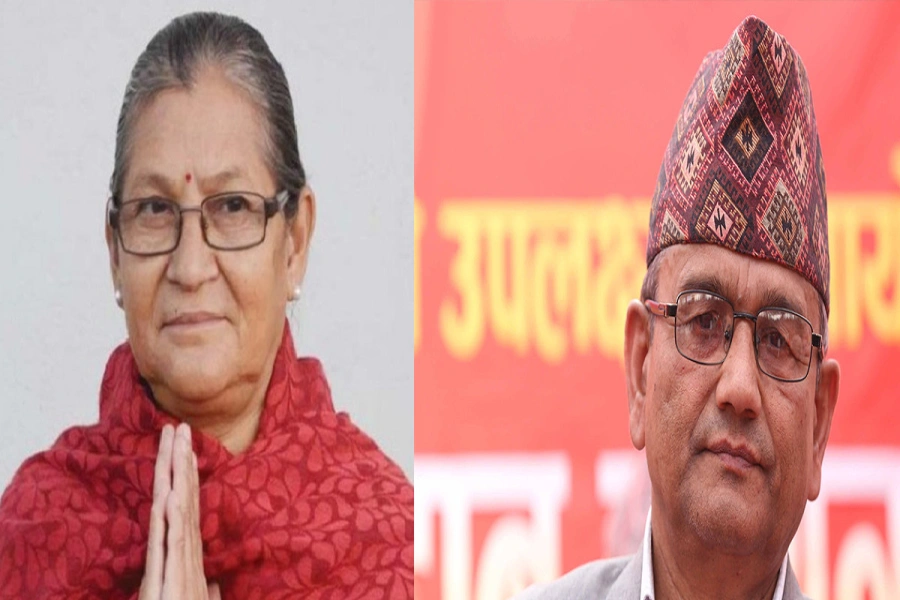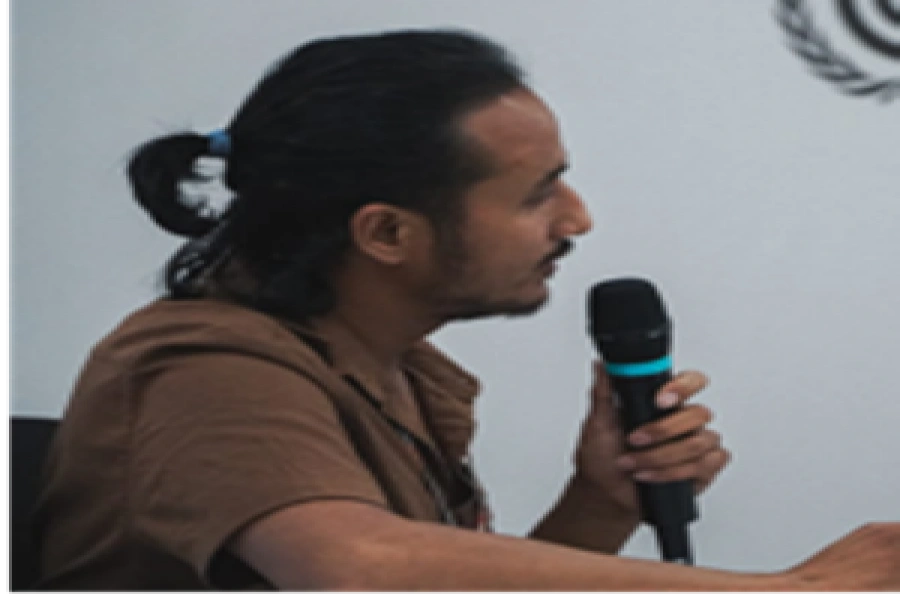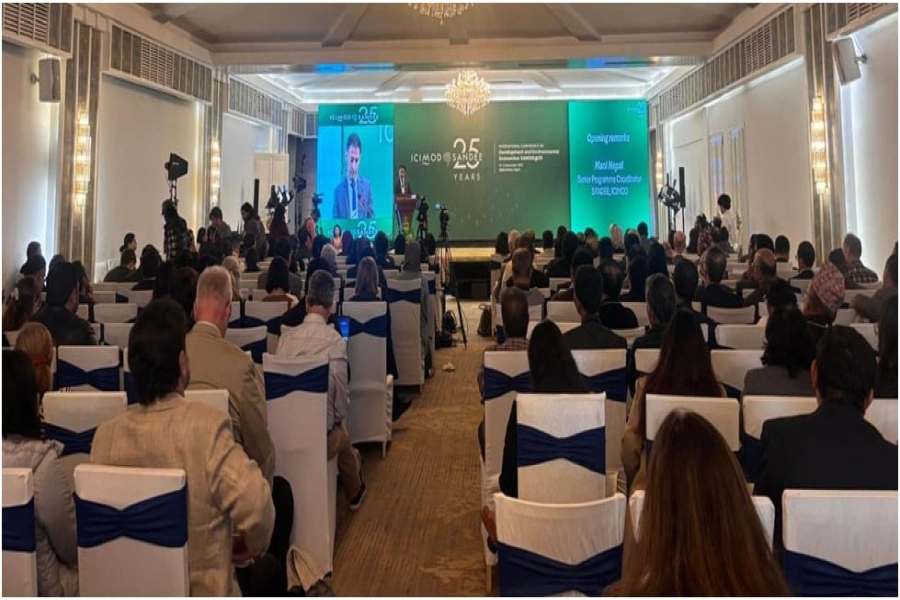BEIJING, May 5: To the world, China’s President Xi Jinping presents himself as a champion of free markets. At home, he’s leading a campaign to promote the works of communist philosopher Karl Marx, who 150 years ago famously warned of the dangers of global capitalism.
“Marx was Correct,” declared a slickly produced TV special that’s part of a state media campaign rolled out by Xi’s administration this week seeking to popularize Marx among younger Chinese raised in an era of market-style economic reform. The campaign featured a catchy theme song, dramatic readings, and an article titled “Say Hi to Marx” showing an illustration of the white-bearded Marx making a trendy V-for-victory sign.
“Today, we commemorate Marx in order to pay tribute to the greatest thinker in the history of mankind and also to declare our firm belief in the scientific truth of Marxism,” Xi said in a speech Friday prominently displayed across state media platforms.
It’s all about cementing the power of Xi and the ruling Communist Party and combating liberal Western democratic concepts thought to threaten its rule, using a legacy dating way past the 1949 Chinese revolution, analysts say.
The madness for Marx dovetails with a drive to “Sinicize” culture, religion and ideology by instilling social control through the teachings of the ancient philosopher Confucius, said Perry Link, an American expert on Chinese literature and politics.
“Neither embrace has anything to do with intellectual content and everything to do with bolstering political power today,” Link wrote in an email.
Happy Birthday, Karl Marx. You Were Right!

The Marx media blitz is mainly for domestic consumption. On the global stage, Xi is striving to cast his country as a modern champion of free trade. Last year, he became the first Chinese president to attend the World Economic Forum, a glitzy gathering of champagne-sipping globalists at a Swiss Alpine resort in Davos, where he made a high-profile speech advocating free markets.
Xi’s goal is to portray China as a responsible economic power while showing the world and domestic critics that Beijing will persist in pursuing its own path of Chinese-style Marxism, said Willy Lam, an expert on Chinese politics at the Chinese University in Hong Kong.
“He’s striking a defiant pose to the West and opponents at home that China will not buckle under,” Lam said.
The Marxism mantra faces an uphill battle, though, given the widening gulf between the communist leadership and Chinese youth who tend to be enamored with celebrity gossip and irreverent social satire that goes viral across social media before it is censored.
“It’s extremely hard to push Marxism in modern China especially in this internet era. What it presents is severely unrealistic,” said Zhang Lifan, a Beijing-based independent political analyst.
“Even inside China, I believe most party members don’t understand or believe in Marxism anymore,” Zhang said. “Instead, they just use it as a tool for promotion.”
Xi’s zeal for Marxist thought may partly reflect his own experience. Like millions of urban youths of his generation, as a teenager he was “sent-down” to the countryside to do manual labor instead of going to school during the bloody turmoil of the ultra-leftist 1964-76 Cultural Revolution.
“Xi is limited to his knowledge and education in the past, so this is what he knows,” said Zhang. “The younger generations who are very independent are totally different from them.”
The new campaign is timed to coincide with the bicentennial of Marx’s birth and the 170th anniversary of the publication of the “Communist Manifesto,” which along with “Das Kapital” helped shape much modern thought about labor, social classes and economic and political systems.
Those works, some produced in collaboration with Friedrich Engels, are the bedrock of communism. But his thought and image have been eclipsed over three decades of rapid industrialization and social change. For the economy, China’s communist leaders no longer advocate total state control or class struggle. On the political front, the party has been tightening its iron grip on power, swiftly crushing real and perceived threats.
Xi has gone even further to clinch his status as the most powerful Chinese leader since Mao Zedong, sidelining or prosecuting rivals and having his own “thought” written into the party constitution. In March, the rubber-stamp legislature removed presidential term limits from the Chinese constitution, enabling him to remain head of state indefinitely.
All that, plus the vigorous Marx and Confucius campaigns, point not to strength but to insecurity, Link said.
“I’m not sure Xi’s personal political position is as secure as it appears,” Link said. “Purging his rivals motivates his rivals; and popular support would quickly go south if something bad, like an economic downturn, suddenly appeared.”
The party’s jitters are apparent in its crusade against universal values, independent legal activists and liberal democratic thought, its crackdowns on what the authorities deem unhealthy, such as an online forum for discussing LGBT issues to the satirical retooling of the British cartoon character Peppa the Pig.
Instead, party ideologues say, why not Marx as a healthy alternative?
State broadcaster CCTV’s “Marx was Correct” special featured stylish animation, a studio audience of college students and a question and answer session. Each episode concluded with a soft-rock ode to Marx, “Your Name, Our Strength,” accompanied by video depicting China’s rise from the time of Marx’s birth to recent accomplishments such as bullet trains and the Chinese navy’s first aircraft carrier.
Marxism “should be consolidated as the guiding ideology and promoted in campuses, classrooms, and among students,” Xi said during a visit to the School of Marxism at prestigious Peking University, considered one of the cradles of Chinese communism, which recently added a research institute on Xi Jinping Thought on Socialism With Chinese Characteristics for a New Era.






